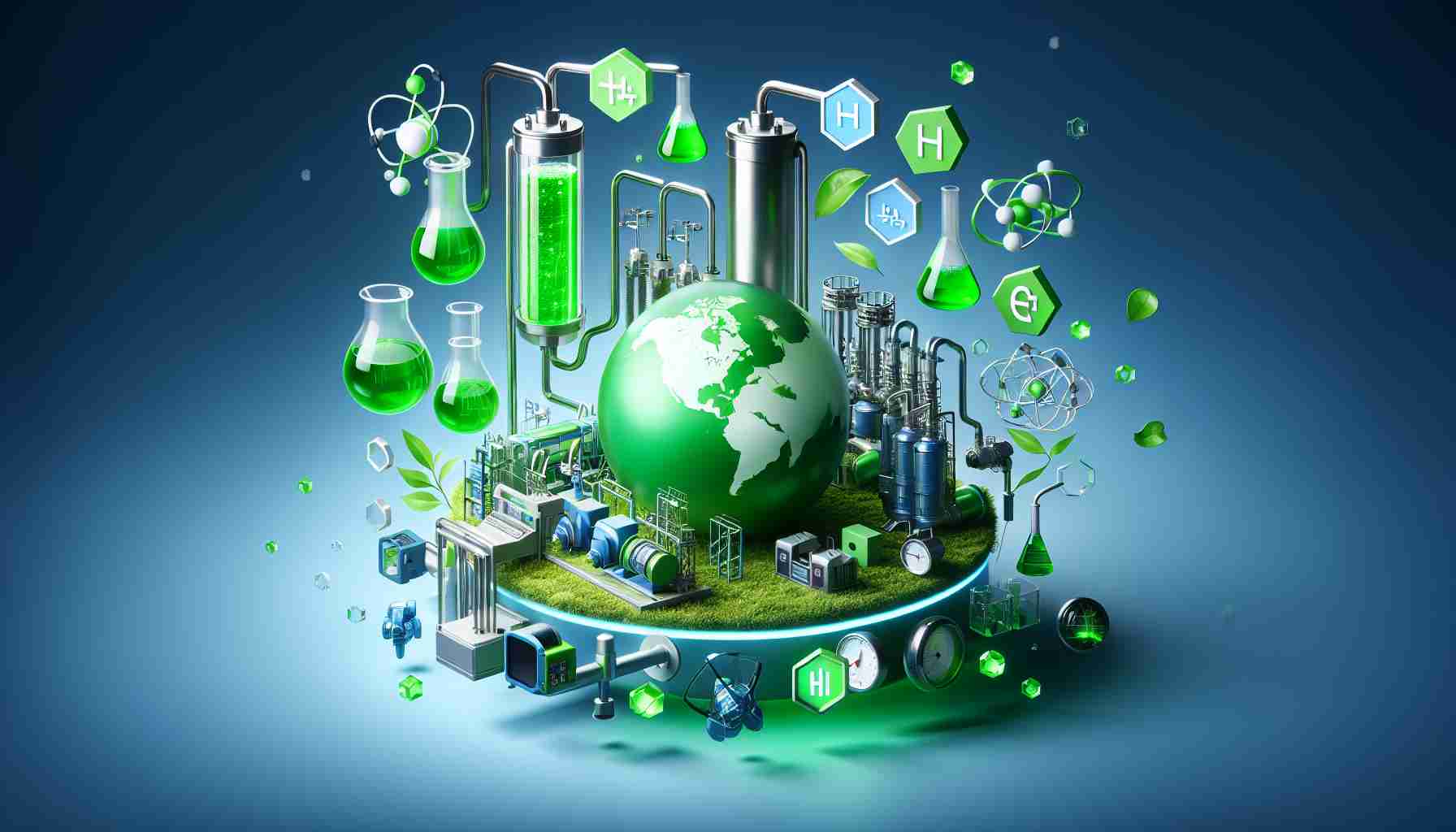
A groundbreaking partnership has been formed to revolutionize the production and supply of green hydrogen on a global scale. A joint initiative between prominent energy companies, the project is set to significantly impact the energy transition landscape.
SEFE, Eletrobras, and EnerTech have united forces to drive the development of a large-scale green hydrogen production plant in Brazil by harnessing the power of hydropower and other renewable sources. The ambitious venture aims to supply Germany with a substantial 200,000 tons of green hydrogen annually, commencing operations in 2030.
Through this strategic alliance, SEFE will oversee the transportation of green ammonia to Germany and subsequently deliver green hydrogen using dedicated infrastructure to cater exclusively to European consumers. The collaborative effort emphasizes a long-term commitment from all parties involved to co-own and operate the production assets.
Evidencing a shared vision for sustainability and innovation, key representatives from the partnering companies expressed their enthusiasm for the project. Italo Freitas of Eletrobras highlighted the pivotal role green hydrogen plays in enhancing energy decarbonization efforts and the company’s aspiration to become a Net Zero entity by 2030.
Chairman of Board at EnerTech, Anas Meerza, emphasized the significance of the collaboration in driving the adoption of green hydrogen and advancing Kuwait’s decarbonization objectives. The partnership underscores a collective dedication to promoting cleaner energy production and fostering global environmental sustainability.
A groundbreaking partnership between SEFE, Eletrobras, and EnerTech is poised to revolutionize global green hydrogen production. This collaborative initiative aims to establish a large-scale green hydrogen plant in Brazil powered by hydropower and other renewables, with a primary goal of supplying Germany with 200,000 tons of green hydrogen annually starting in 2030. The project represents a significant advancement in the transition towards sustainable energy solutions.
One important question arising from this collaboration is how the production and transportation of green hydrogen will impact global energy markets and policies. The partners involved must navigate regulatory frameworks, infrastructure requirements, and international cooperation to ensure the success and scalability of this ambitious endeavor.
Key challenges associated with the venture include the need for substantial investments in infrastructure, technology development, and operational efficiencies. Building and operating a large-scale green hydrogen production plant demands significant resources and expertise, requiring seamless coordination among the participating companies.
An advantage of green hydrogen production is its potential to serve as a clean and renewable energy source that can contribute to reducing carbon emissions and mitigating climate change. Green hydrogen offers a versatile energy carrier that can be used in various sectors, including transportation, industry, and power generation, leading to a more sustainable future.
However, a notable disadvantage of green hydrogen production lies in the current high costs associated with the technology and infrastructure required for large-scale production. Achieving cost competitiveness with traditional fossil fuels remains a key hurdle that the industry must address to accelerate the widespread adoption of green hydrogen.
Despite these challenges and drawbacks, the collaboration between SEFE, Eletrobras, and EnerTech signifies a significant step towards unlocking the full potential of green hydrogen as a key element in the global energy transition. By combining expertise, resources, and a shared commitment to sustainability, the partners are paving the way for a greener and more sustainable future.
For more information on the advancements in green hydrogen production and its impact on the energy sector, visit Renewable Energy World.



